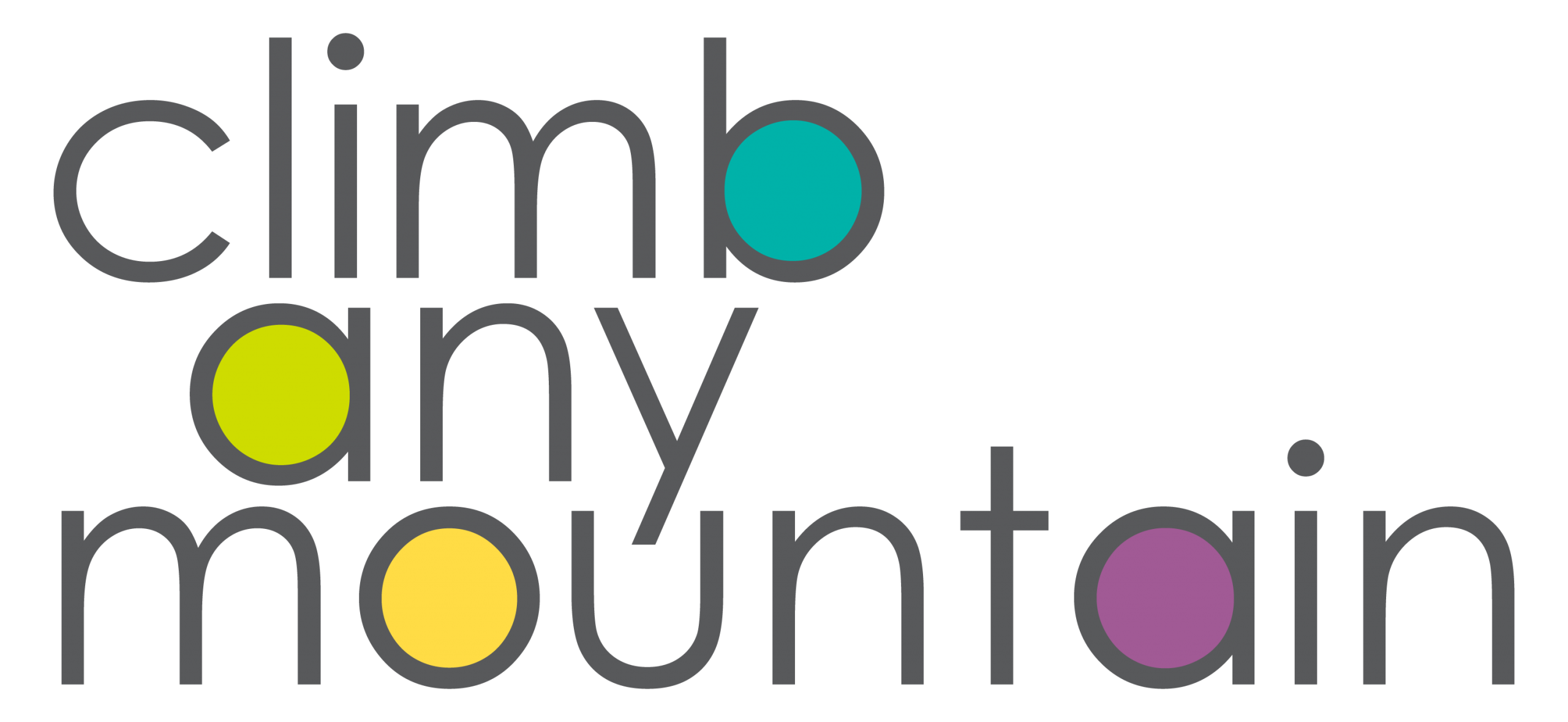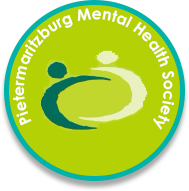The South Africa context: mental illness and intellectual disability
South Africa has a population of 47 million characterised by extraordinarily high rates of crime and violence; one of the highest road accident death rates in the world; and lies 99th out of 121 countries in a 2007 Economist rating using a “Global Peace Index”. It has the 4th highest rate of drug offences. Climb Any Mountain is looking to make a difference in the lives of people with mental illness and intellectual disability in South Africa.
According to the United Nations Office on Drugs and Crime (UNODC), South Africa now ranks within the top 30% of countries in terms of rates of opiate addiction. South Africa is also located at the epicentre of the HIV/AIDS pandemic in Sub-Saharan Africa with the 4th highest prevalence rate (18%) and the greatest number of people living with HIV/AIDS worldwide. HIV/AIDS is associated with a significantly increased burden of neuropsychiatric disease and disability including depression, anxiety, psychosis and dementia. Furthermore, the mortality dueto AIDS, impacts children, hundreds of thousands of whom have been orphaned. Childheaded households are now a common phenomenon in South Africa. Of the adult population in South Africa ages 16 – 64, it was found that 23% were exposed to a traumatic event of violence in the past year. Among this population, it was determined that mental illness including symptoms of posttraumatic stress disorder (PTSD) was 8.5 times more prevalent than among the general population.
There is now substantial evidence that poverty, inequality, urbanisation, unemployment, trauma and violence and substance abuse are major environmental risk factors for mental illness.
The vast majority of individuals with disabilities in South Africa cannot live their lives the way they want without their personal freedom being compromised by being confined to an institution, or alternatively being left vulnerable to fend for themselves in world that does not accommodate their unique needs. This calls for a fundamental change in the choices available for housing, support, opportunities to develop and opportunities for employment.
Many countries and service providers have successfully transitioned from institutional care to community based care and as a result created a far better quality of life for individuals. The journey has been a challenging one but by sharing lessons and best practice we believe the South African Government and local service providers can accelerate this transformation.
With the South African Government’s commitment to equal opportunities and the United Nation’s stance on equality, we believe that the timing is perfect to facilitate this transition from institutional care facilities to supported living facilities, and ultimately to community-based housing.


